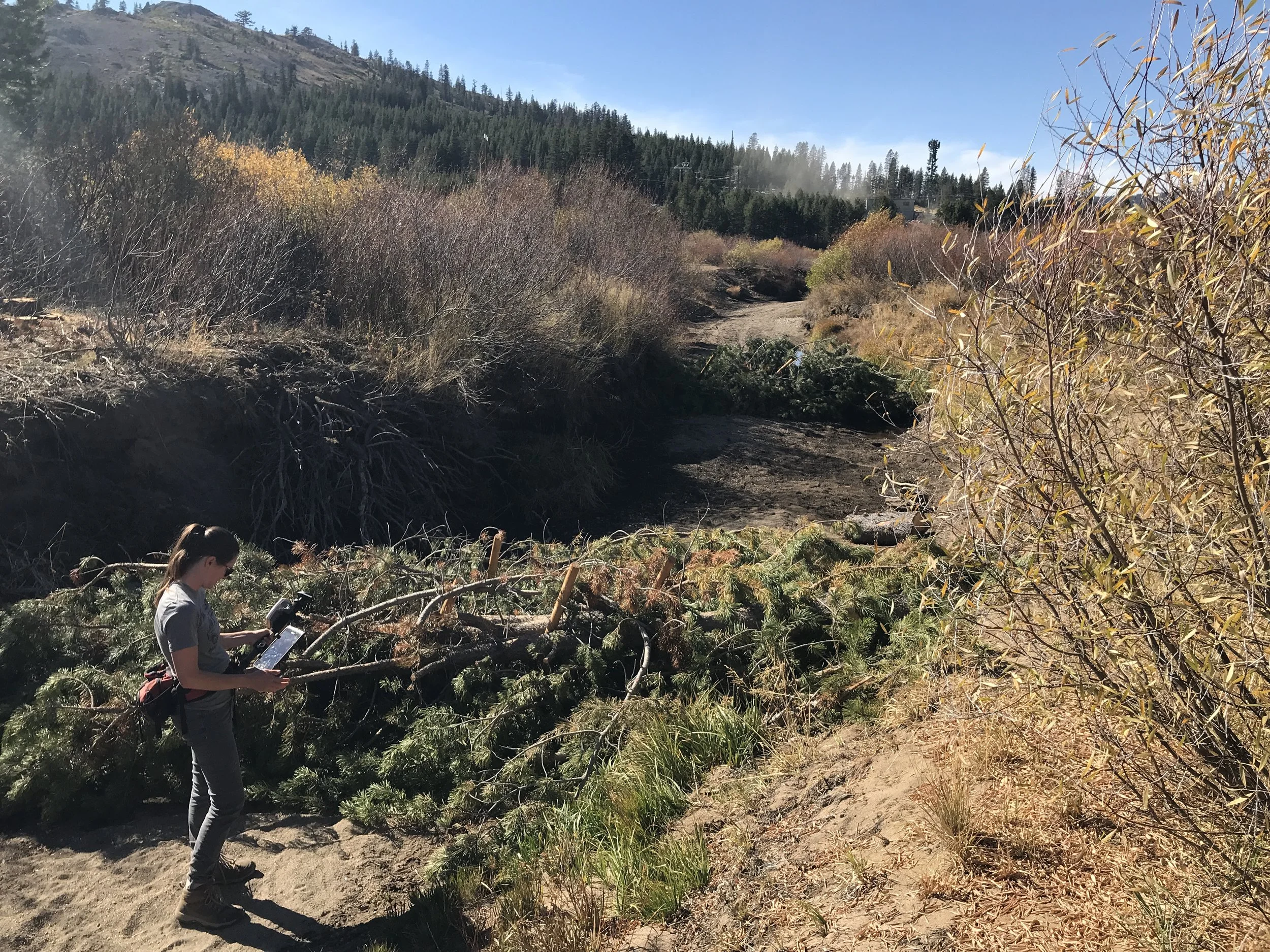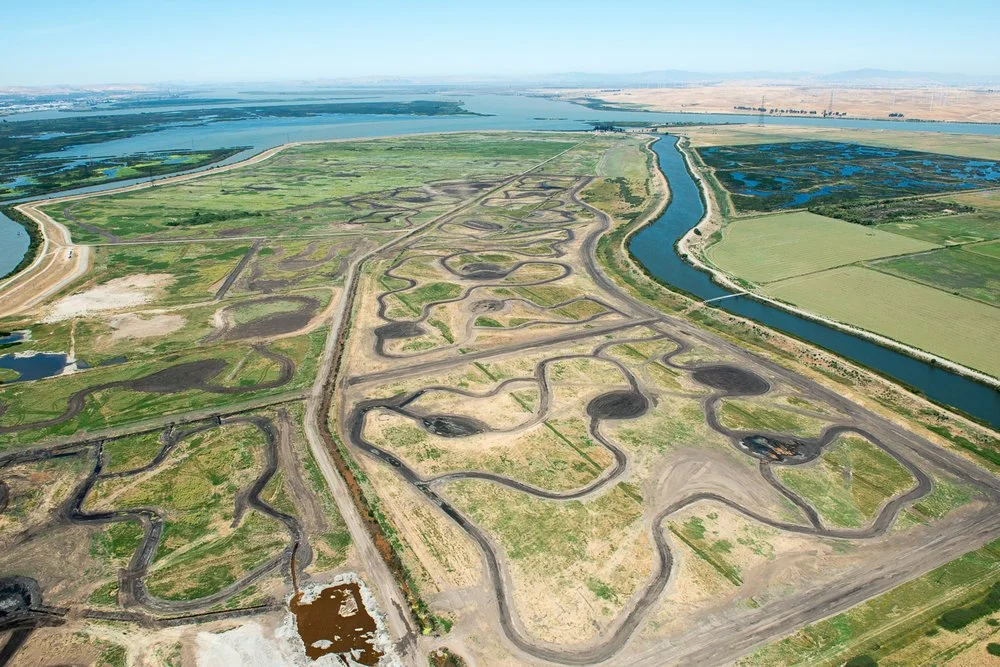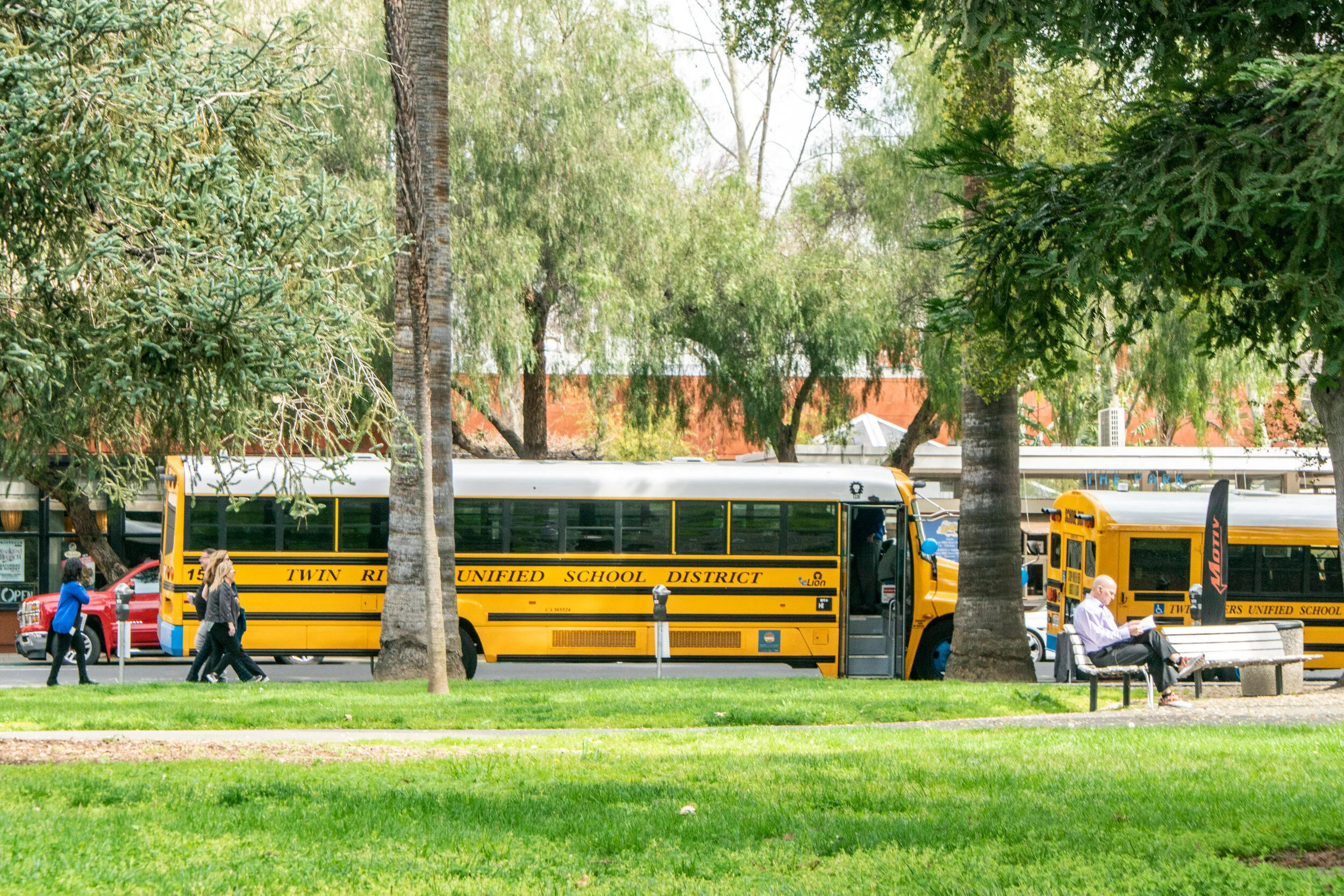California Department of Fish and Wildlife
With $3.9 million in support from the Wetlands and Watershed Restoration Program, the South Yuba River Citizens League together with the Washoe Tribe and project partners are restoring 485 acres of the high-elevation meadow habitat in Placer and Nevada Counties. Project partners include the Tahoe National Forest/U.S. Forest Service (USFS), Wildlife Conservation Board, Truckee Donner Land Trust, UC Davis Center for the Watershed Sciences, Point Blue Conservation Science, University of Nevada Reno, and Nevada County.






















